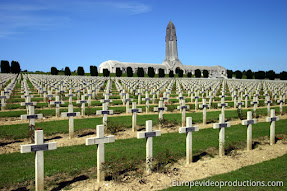Hi! Another stereotype well known to all is that the French are gourmets. According to the Poles, they eat a lot of frogs. Yes, this treat is present in France and the French can't resist it, but it's not that they eat frogs at every meal. In fact, these amphibians are under protection, so only some French eat them and frogs are on the menu of the best restaurants. In addition, the English, however little known for their cuisine, had the idea of cooking it well before the French. So, they are not the French who started this custom, moreover they are not the only ones on Earth who eat frogs, or rather their thighs . Likewise with snails, baguettes, cheeses and wine. It's not that every French person constantly eats snails. Some eat it and others don't. They are also well recognized for their wines and cheeses having a bad smell. However, France is not the country that consumes the most wine. The French are seen by the Poles as a sensitive person who can shed a tea...

